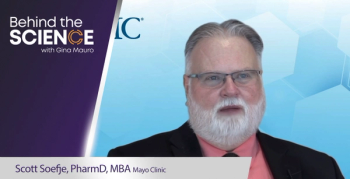
Experts in the biosimilar space discussed how they think the Inflation Reduction Act may impact the accessibility and affordability of biosimilars.

Experts in the biosimilar space discussed how they think the Inflation Reduction Act may impact the accessibility and affordability of biosimilars.

Lauren Pace, MD, obstetrician-gynecologist at the University of Alabama at Birmingham, discusses a recent study on how sedation during abortion care differs based on patient race.
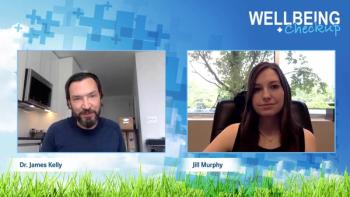
Dr. James Kelly discusses spring allergies, including the difference between seasonal and perennial allergies and telling the difference between allergies and other common illnesses.

Analytical chemists offer their views about the most important skills or knowledge that they need to be successful in the field.
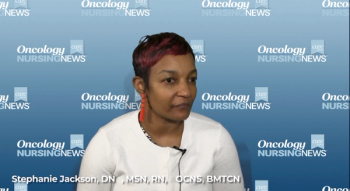
Stephanie Jackson, DNP, MSN, RN, AOCNS, BMTCN, discusses how her institution improved double-check compliance with high-alert medications.

Jonathan Miller, MD, pediatrician and chief of primary care, pediatrics, at Nemours Children's Health in the Delaware Valley, spoke about the latest data regarding early HPV vaccination in children as young as 9 years at the 2023 Pediatric Academic Societies meeting

Christopher D. Blosser, MD, discusses the goal of the Cancer and Organ Transplant Clinic at Fred Hutchinson Cancer Center, which offers consulting services for organ transplant candidates and patients with cancer.
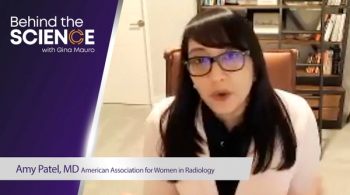
Breast radiologists shared their thoughts on a recently issued final rule from the Food and Drug Administration requiring national breast density notification on mammography reports starting on September 10, 2024. They also discussed next steps for improving breast density awareness among primary care physicians and the potential for expanding supplemental imaging coverage for women with dense breasts via the Find it Early Act legislation, which was reintroduced in Congress on May 8, 2023.

The prevalence of autism is up in the United States, as data suggests approximately 1 in 36 will be diagnosed with autism spectrum disorder. Thomas Megerian, MD, Ph.D, FAAP, Clinical Director, Thompson Autism and Neurodevelopmental Center at CHOC, explains this increasing trend has been taking place even before the onset of the COVID-19 pandemic. Megerian explains why early intervention and continued data collection is so important for manifestation patterns, treatment, and awareness.
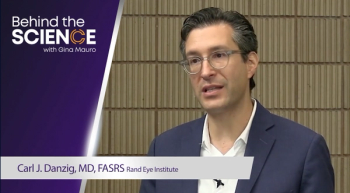
Thought leaders from across the ophthalmology community share what they wish patients knew more about when it comes to eye health. The areas of concern range from patient urgency of care to consistency of care.

Ravi Parikh, MD and colleagues at the Department of Ophthalmology, NYU Grossman School of Medicine presented a paper on the “biosimilar paradox” at the 2023 Association for Research in Vision and Ophthalmology (ARVO) Annual Meeting in New Orleans, Louisiana.
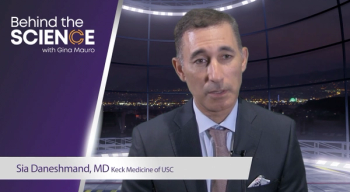
Go behind the 2023 American Urological Association Annual Meeting.
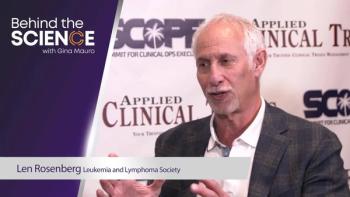
In companies and research centers worldwide, advances in technologies and approaches to therapies in development are changing traditional healthcare approaches. Artificial intelligence, data science, smart speakers, natural language processing, remote patient monitoring, digital therapeutics and more is changing the way how patients will be treated, as well as when and where. We recently asked experts, “What technologies are changing the future of patient healthcare?”

Stuart Staggs, senior director of strategic programs at McKesson, discusses community oncology challenges, advancing health equity, practice considerations for Enhancing Oncology Model, updates around The US Oncology Network, and more.
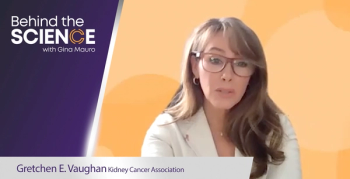
The editors at CancerNetwork® met with a diverse group of clinicians and thought leaders in the kidney cancer space to discuss recent developments, the role of integrative oncology, persistent unmet needs, and the most promising developments on the horizon in this treatment landscape.

Candice Jones, MD, discusses the impact and potential impacts social media has on the lives of children and adolescents, and how it can impact pediatric mental health. Jones explains the pros and cons of social media use among children and adolescents, offers recommendations to health care professionals, and discusses the frequent parental concerns surrounding social media and mental health.

Urologist experts share their standout presentations/content from the 2023 American Urological Association Annual Meeting in Chicago, Illinois.
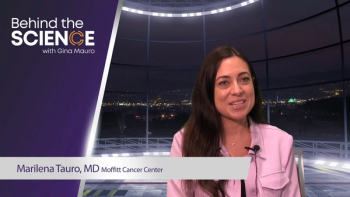
Experts highlight their biggest takeaways and most important presentations from the 2023 AACR Annual Meeting.
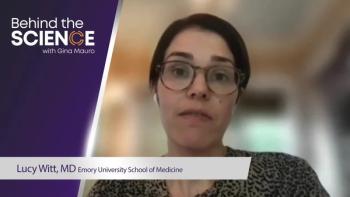
What is the biggest challenge that infection preventionists and epidemiologists face? Infection Control Today® spoke with key opinion leaders to find out.

Researchers at NYU have developed a single score to describe the level of cytokines in the saliva, and this score is linked with the severity of clinical gum inflammation, according to the study. Three dentist members of the research team help explain the significance of the study’s results and what future research is planned.
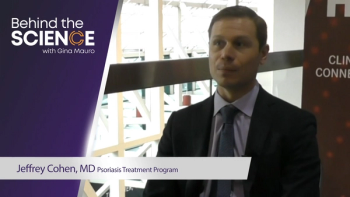
A group of key opinion leaders in the dermatology field discuss some of the latest developments in the plaque psoriasis treatment space.

Joseph Hernandez, CEO, Blue Water Vaccines, discusses the development of intranasal vaccines as an alternative for traditional vaccines.
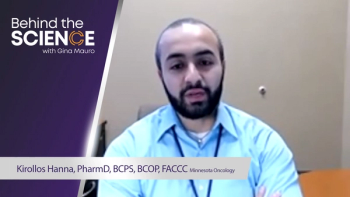
Experts in oncology pharmacy discuss their unique career paths and unconventional roles in oncology, including how they came to these careers and how they each define an “unconventional” career in oncology pharmacy.

Margaret Rosenzweig, PhD, CRNP-C, AOCNP, FAAN, discusses how nursing-led palliative care may help to improve advanced care planning uptake and increase end-of-life discussions in patients with advanced cancer. Additionally, she highlights the importance in including nurses as part of a holistic cancer care team, having end-of-life conversations with patients earlier, and the potential difficulty of implementing training to spark end-of-life conversations.

In recognition of April being designated STD/STI Awareness Month, Yasaswi Kislovskiy, MD, MSc, discusses the stigma around STDs/STIs and how physicians can improve awareness not only in their own practice, but around their community.
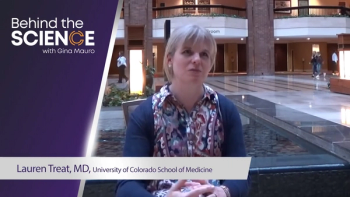
A showcase of the latest advances in neuromuscular medicine, the annual Muscular Dystrophy Association (MDA) Clinical and Scientific Conference represents a premier event on the calendar for neuromuscular researchers and clinicians. At the meeting, NeurologyLive’s editorial team asked leading experts questions such as important aspects of care for patients and what other clinicians should be aware of based on talk presentations given at this year’s meeting.
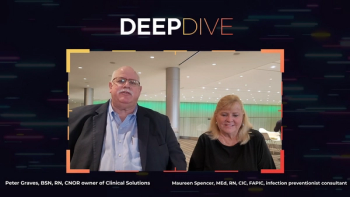
Peter Graves, BSN, RN, CNOR, and Maureen Spencer, MEd, RN, CIC, FAPIC, present the financial impact of surgical site infections, what is causing them, and what can be done to reduce them.
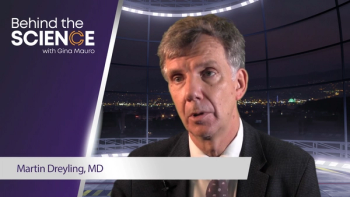
Experts discuss recent research presented at ASH 2022 regarding Bruton’s tyrosine kinase (BTK) inhibitors and JAK inhibitors like ibrutinib, zanubrutinib, and ruxolitinib, for the treatment of patients with a variety of hematologic malignancies, including mantle cell lymphoma, chronic lymphocytic leukemia, and more.

Zoe Diana Draelos, MD, offers insights into her practices and individualized methods for treating rosacea in her patients.
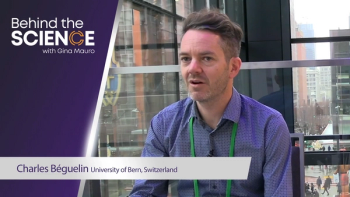
Clinicians and key stakeholders give commentary about the challenges of treating individuals with various strains of hepatitis as well as the new hope associated with federal and state levels programs looking to get more people into care.